Measures to improve the health of the population
Romanian authorities have taken measures to improve the health of the population

Leyla Cheamil, 28.04.2017, 12:45
The Romanian
authorities are looking for solutions to solve the ongoing vaccine crisis. The
healthcare ministry has decided to block the export of vaccines and will notify
the European Commission of its plans. The announcement was made by healthcare
minister Florian Bodog amid a measles epidemic that has affected almost 5,000
people and has caused more than 20 deaths. Experts say the main cause for the
epidemic is a drop in immunization rates in recent years. 96% of the almost
5,000 people confirmed to have contracted measles have not been vaccinated.
The
first batch of measles vaccines is expected to reach the 10 counties suffering
from a shortage of this type of vaccine, said minister Bodog. He also said the
authorities are planning to block exports for other types of medicine as well:
The measure was taken for all medicines included in the national healthcare
programs, the medicines included in the oncology programs, the medicines
for children with leukemia, therefore all medicines that disappear from the
market and which cannot be found in pharmacies or which are not supplied on
time. I don’t want Romanian patients to be at a disadvantage compared with
those in other countries where these medicines are sold at a higher price.
Prime minister
Sorin Grindeanu has called on all experts to find solutions to implement a number
of measures. These are aimed at creating an efficient vaccine management
system, amending legislation on vaccine procurement, drafting a multi-annual
plan to supply the needed amount of vaccines and simplifying price setting
procedures. Another measure aims to create a national reserve of vaccines for
special situations. In another development, four human blood, cell and tissue
banks will be created in the capital Bucharest and three other big cities,
namely Iasi, in the north-east, Targu Mures, in the centre, and Timisoara, in
the west, as part of a project aimed at ensuring emergency treatment of a
number of chronic diseases.
To this end, the government has allocated 6.6
million euros. These centers will provide emergency treatment for patients who need
tissue transplants to prevent imports and risky delays in treatment. Another
measure taken by the government is the inclusion of five new active substances
on the list of subsidized and free medicines. These medicines are used in the
treatment of chronic hepatitis caused by viral infections, tuberculosis and rare
diseases. Also, the government has approved the setting up of at least eight
specialized residential-type services and at least eight day care centers for
children with behavioral disorders to help them reintegrate into school,
family and society. (Translated by Cristina Mateescu)






























